Science fiction is becoming science fact right here in Winston-Salem, thanks to the pioneering work of Dr. Anthony Atala and his staff at the Wake Forest Institute for Regenerative Medicine.


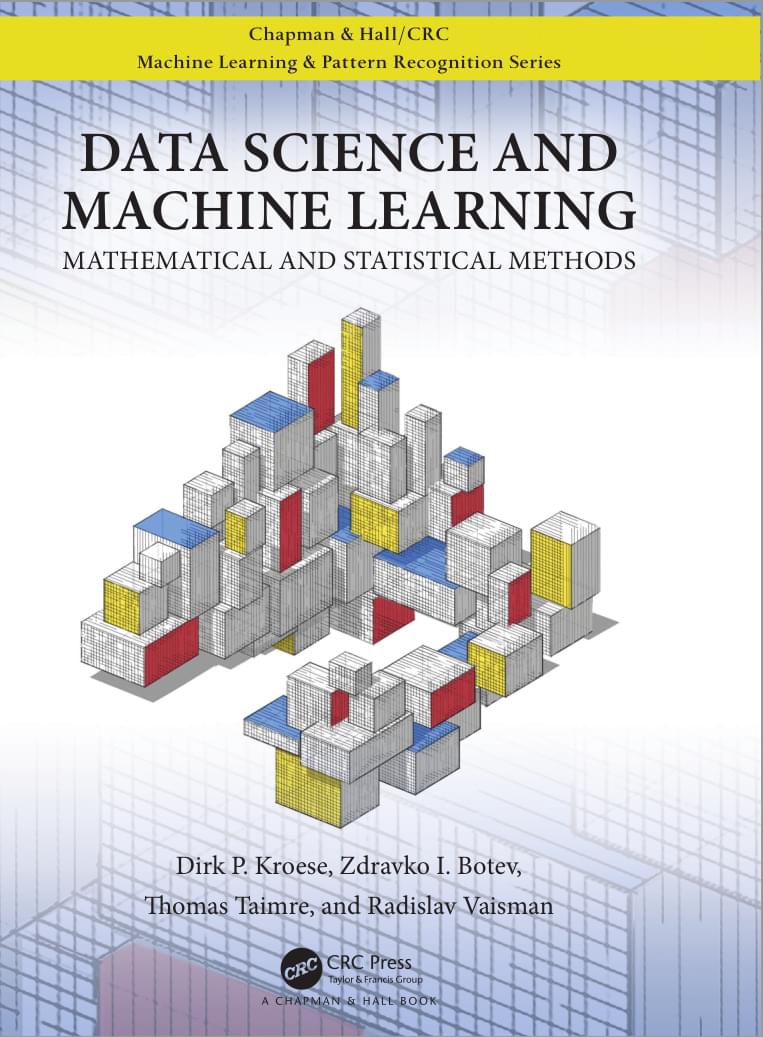
D.P. Kroese, Z.I. Botev, T. Taimre, R. Vaisman. Data Science and Machine Learning: Mathematical and Statistical Methods, Chapman and Hall/CRC, Boca Raton, 2019.
The purpose of this book is to provide an accessible, yet comprehensive textbook intended for students interested in gaining a better understanding of the mathematics and statistics that underpin the rich variety of ideas and machine learning algorithms in data science.
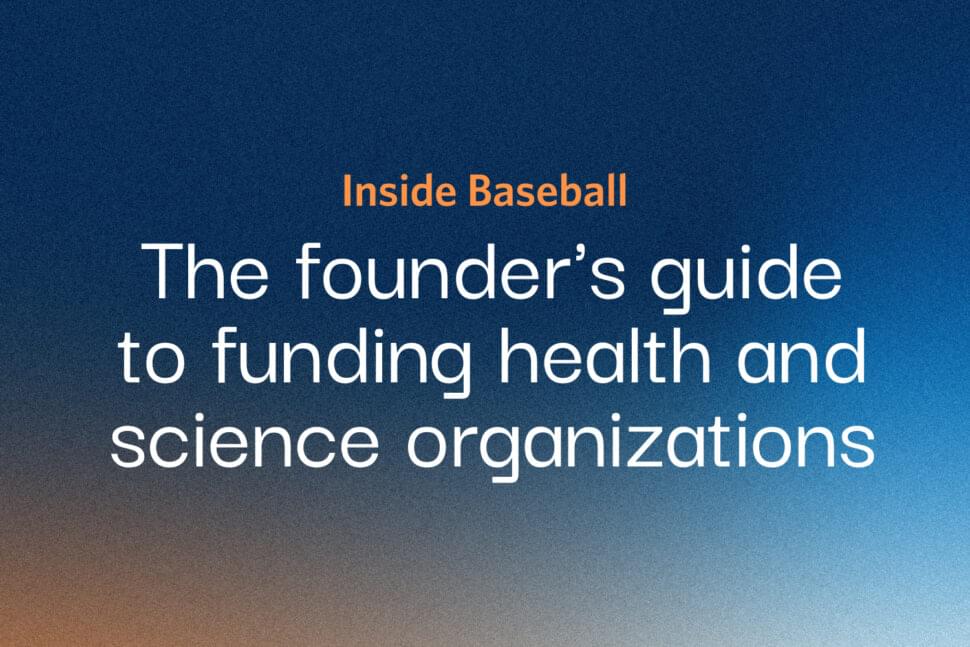
Investors sign hundreds of term sheets over their careers. Founders only do so a handful of times. When you’re raising money to bring your idea to life, there are a myriad of decisions you need to make — what sources of funding to pursue, how to structure your company, what timeline you should work towards. […]
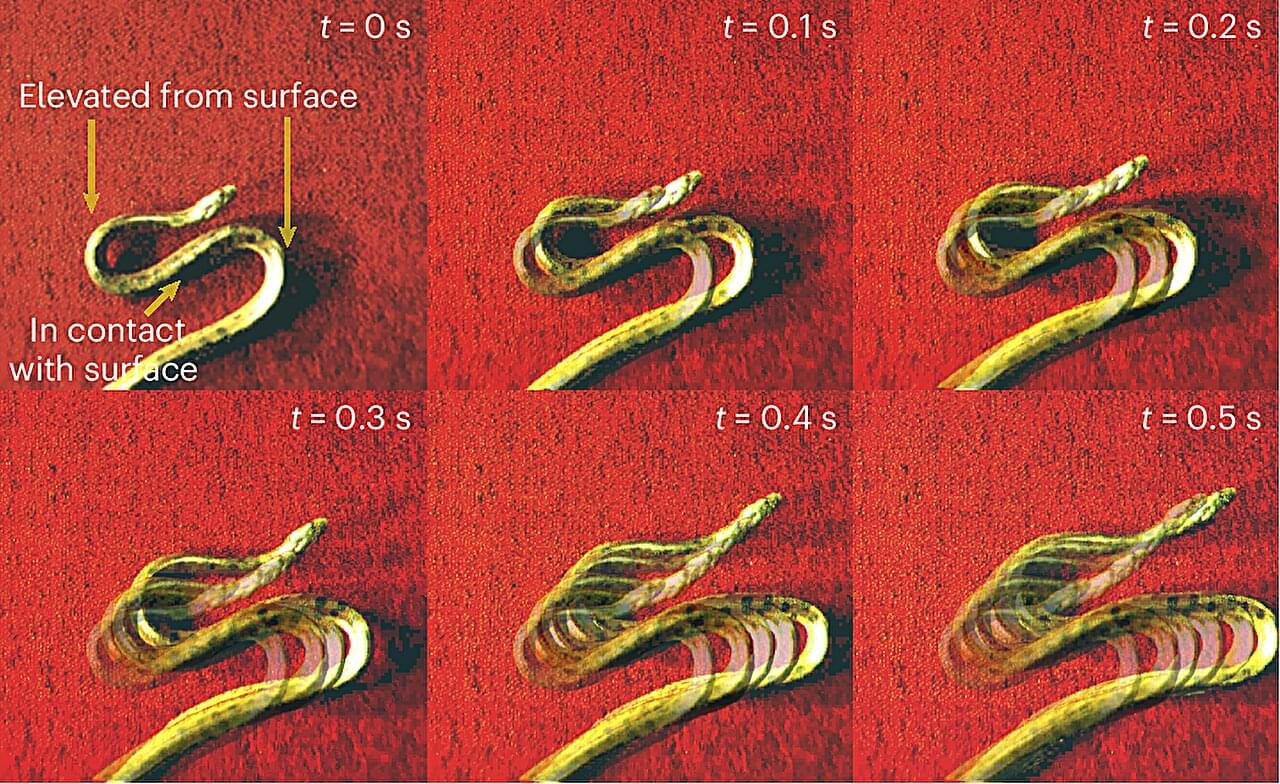
The motion of snakes has long fascinated humans: they undulate, they sidewind, they crawl, they even fly.
Together with herpetologists, researchers in the Harvard John A. Paulson School of Engineering and Applied Sciences (SEAS) have discovered and quantified a new type of locomotion in juvenile anacondas.
As adults, these large snakes are better known for their slow, lumbering gait, but the researchers discovered that young anacondas are much more spry—capable of a quick, one-off, skating movement the researchers dubbed the “S-start” due to the shape the snake makes with its body.
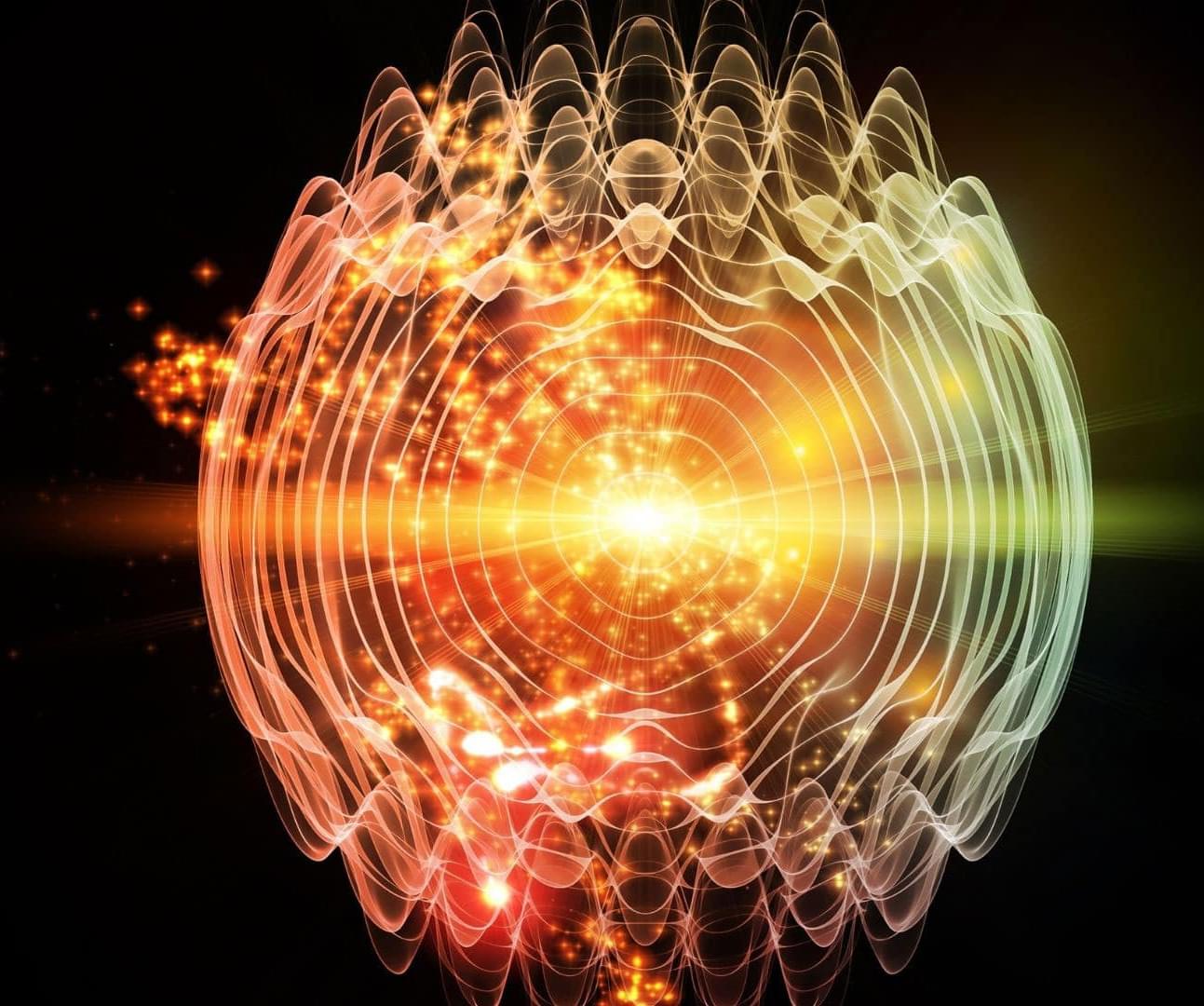
The Princeton researchers built their devices with great care. Along with former postdoctoral fellow Qi Zhang, they created ultra-clean samples and chilled them using liquid helium. They measured how the material reacted when exposed to circularly polarized mid-infrared light, at wavelengths around 10.6 microns. They observed a strong response when the light’s spin matched the material’s internal chiral state—a sign of a phenomenon called the circular photogalvanic effect (CPGE).
The CPGE has become a powerful tool in recent years. It works by measuring how electric currents change depending on the direction of light spin. In this case, the presence of a CPGE signal directly proved that the material’s internal structure was chiral. Even more, the direction and pattern of the signal revealed which symmetries had been broken.
The discovery puts to rest years of debate among physicists. Since 2021, there’s been disagreement over whether the charge-ordered state in KV₃Sb₅ actually breaks key symmetries or if those effects were caused by noise or imperfections. Earlier tools like scanning tunneling microscopes and electrical measurements had shown hints of chirality, but results were unclear and often contradicted each other.
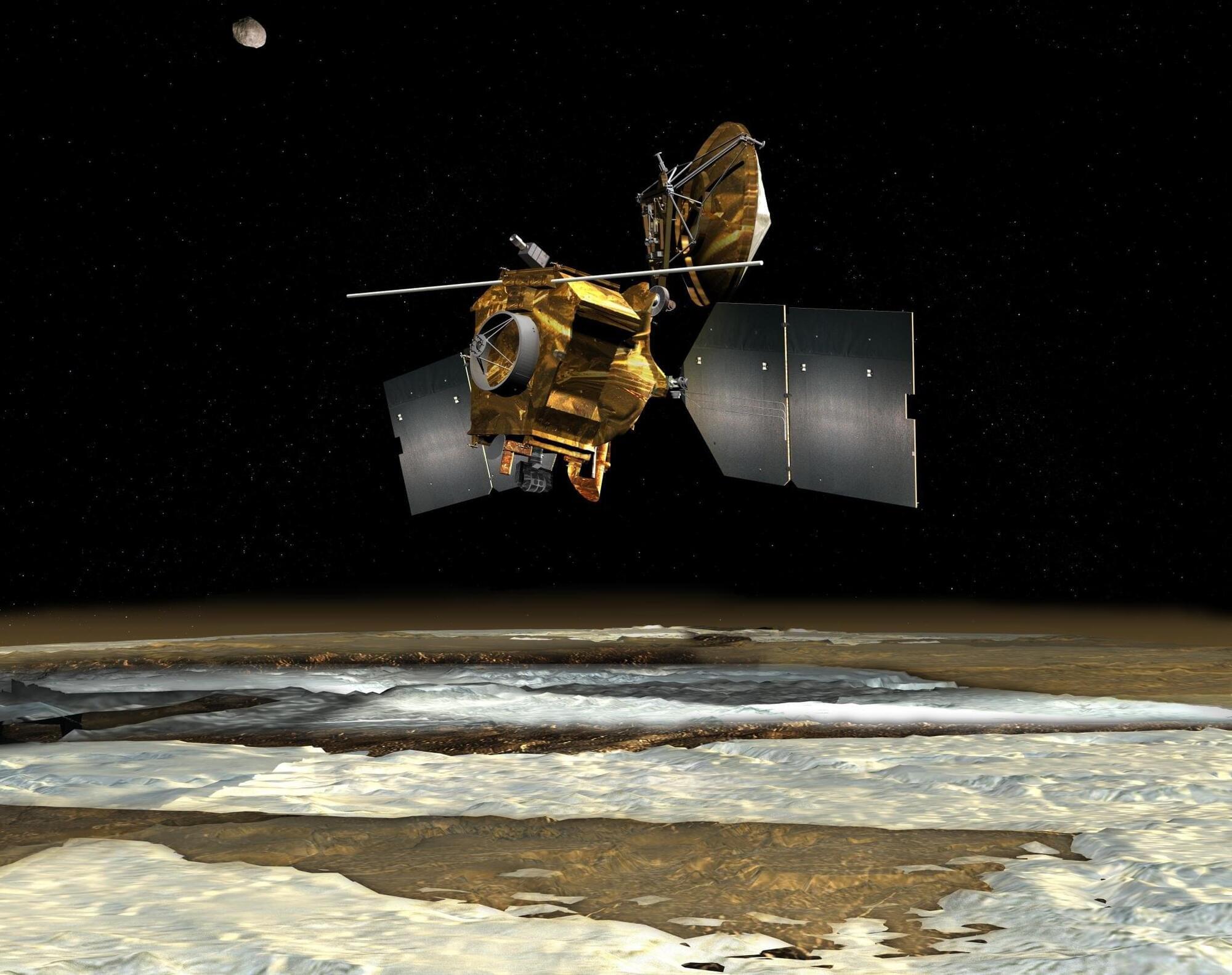
After nearly 20 years of operations, NASA’s Mars Reconnaissance Orbiter (MRO) is on a roll, performing a new maneuver to squeeze even more science out of the busy spacecraft as it circles the Red Planet. Engineers have essentially taught the probe to roll over so that it’s nearly upside down. Doing so enables MRO to look deeper underground as it searches for liquid and frozen water, among other things.
The new capability is detailed in a paper recently published in The Planetary Science Journal documenting three “very large rolls,” as the mission calls them, that were performed between 2023 and 2024.
“Not only can you teach an old spacecraft new tricks, you can open up entirely new regions of the subsurface to explore by doing so,” said one of the paper’s authors, Gareth Morgan of the Planetary Science Institute in Tucson, Arizona.

The first study to use artificial intelligence (AI) technology to generate podcasts about research published in scientific papers has shown the results were so good that half of the papers’ authors thought the podcasters were human.
In research published in the European Journal of Cardiovascular Nursing (EJCN), researchers led by Professor Philip Moons from the University of Leuven, Belgium, used Google NotebookLM, a personalized AI research assistant created by Google Labs, to make podcasts explaining research published recently in the EJCN.
Prof. Moons, who also presented the findings at the Association of Cardiovascular Nursing and Allied Professions (ACNAP) conference in Sophia Antipolis, France, said, In September 2024, Google launched a new feature in NotebookLM that enables users to make AI-generated podcasts. It made me think about how it could be used by researchers and editors.
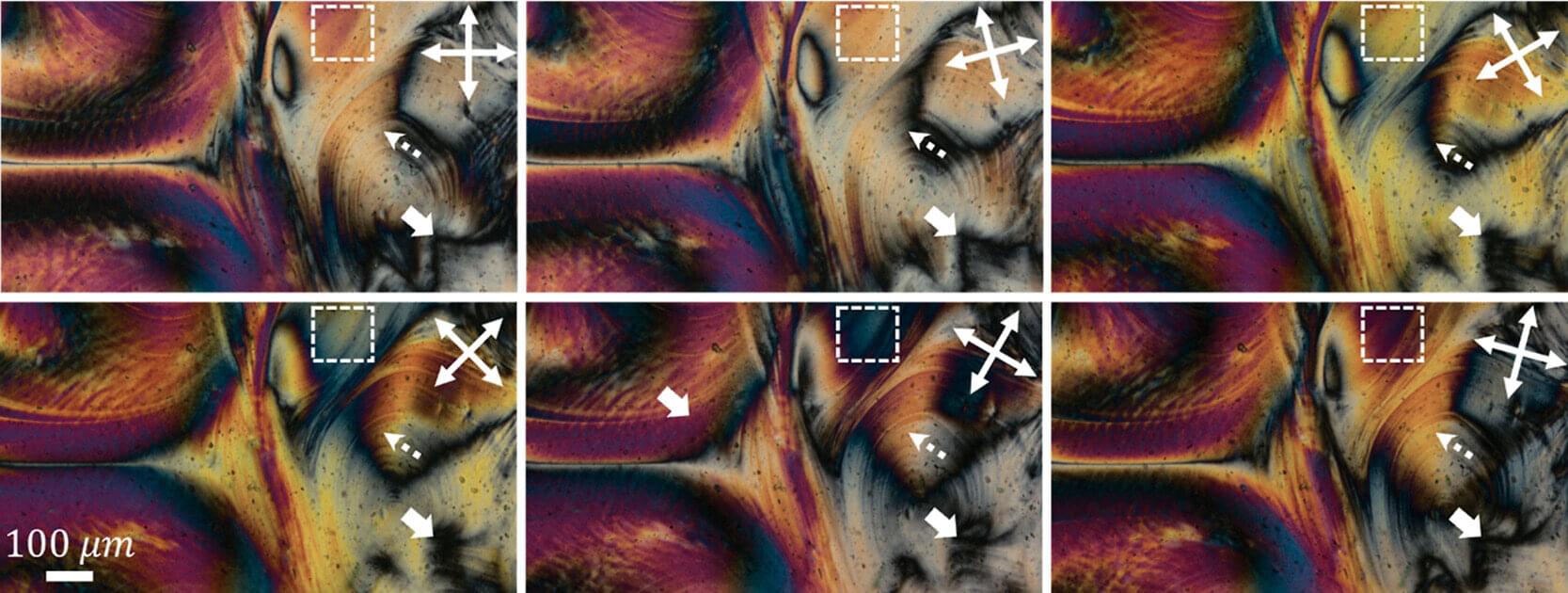
In an elegant fusion of art and science, researchers at Rice University have achieved a major milestone in nanomaterials engineering by uncovering how boron nitride nanotubes (BNNTs)—touted for their strength, thermal stability and insulating properties—can be coaxed into forming ordered liquid crystalline phases in water. Their work, published in Langmuir, was so visually striking it graced the journal’s cover.
That vibrant image, however, represents more than just the beauty of science at the nanoscale. It captures the essence of a new, scalable method to align BNNTs in aqueous solutions using a common bile-salt surfactant—sodium deoxycholate (SDC)—opening the door to next-generation materials for aerospace, electronics and beyond.
“This work is very interesting from the fundamental point of view because it shows that BNNTs can be used as model systems to study novel nanorod liquid crystals,” said Matteo Pasquali, the A.J. Hartsook Professor of Chemical and Biomolecular Engineering, professor of chemistry, materials science and nanoengineering and corresponding author on the study.
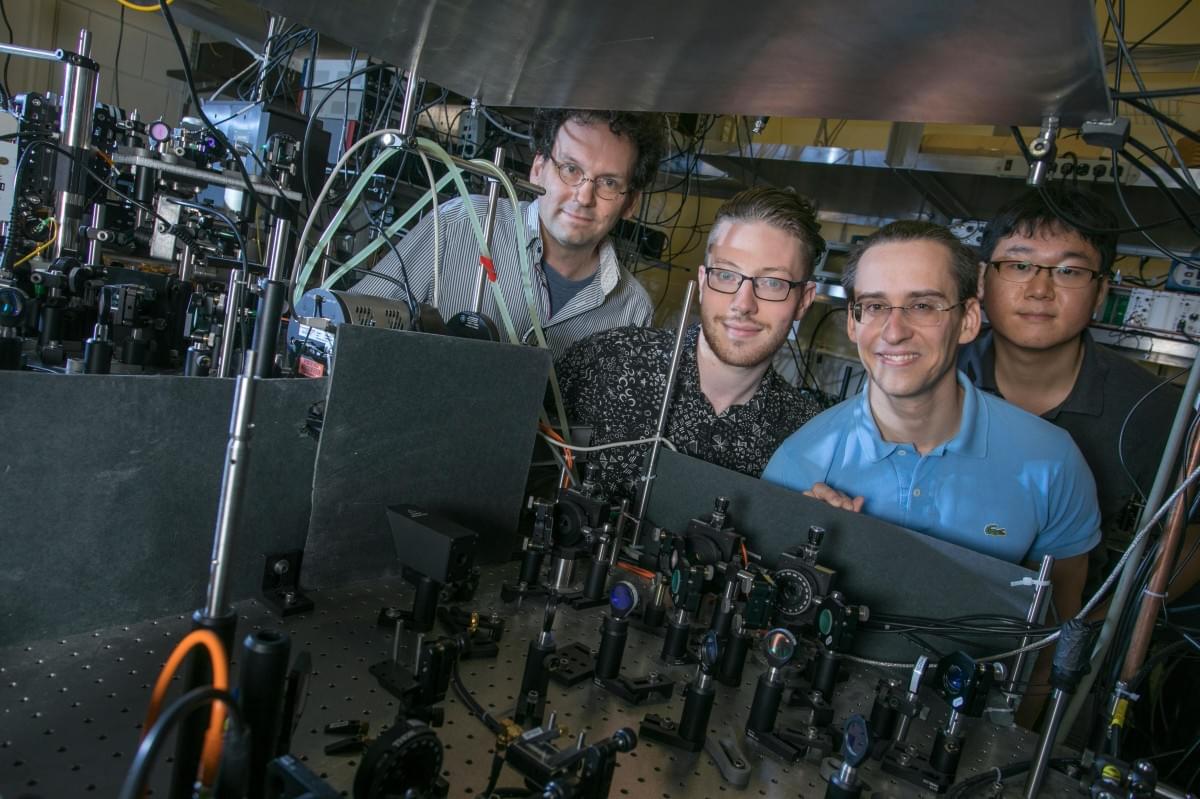

You stayed up too late scrolling through your phone, answering emails or watching just one more episode. The next morning, you feel groggy and irritable. That sugary pastry or greasy breakfast sandwich suddenly looks more appealing than your usual yogurt and berries. By the afternoon, chips or candy from the break room call your name. This isn’t just about willpower. Your brain, short on rest, is nudging you toward quick, high-calorie fixes.
There is a reason why this cycle repeats itself so predictably. Research shows that insufficient sleep disrupts hunger signals, weakens self-control, impairs glucose metabolism and increases your risk of weight gain. These changes can occur rapidly, even after a single night of poor sleep, and can become more harmful over time if left unaddressed.
I am a neurologist specializing in sleep science and its impact on health.